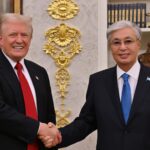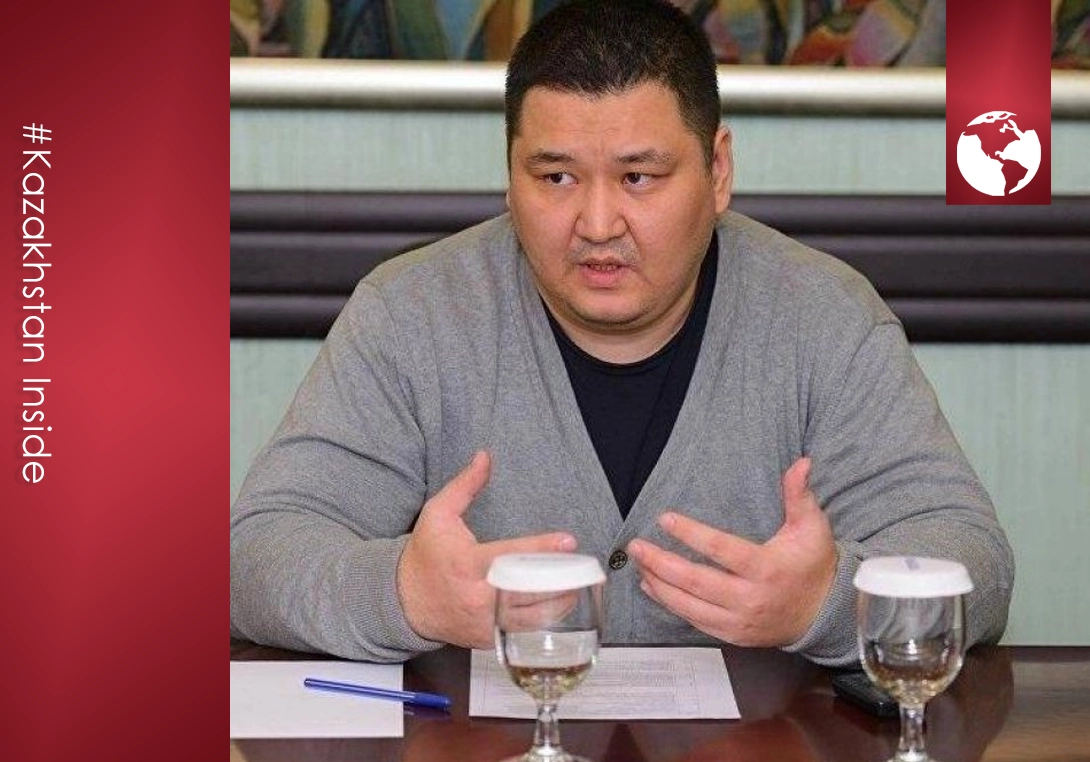The latest round of bans in Kazakhstan, primarily targeting the activities of bookmakers, prompted political analyst Marat Shibutov to voice his thoughts on the matter.
Writing on his Telegram channel, the expert noted:
«What do bans lead to?
A colleague and I were discussing meaningless and impractical bans — what they are linked to. We concurred that these bans reflect the weakness of the authorities. Failing to exert total control over society, they instead harass it with petty restrictions.
The second reason is the creation of corruption markets. In most cases, futile bans lead to the latter:
In Russia, the dry law after 1914 resulted in a sharp increase in moonshining, the proliferation of drug addiction (opium, hashish, cocaine, morphine, ether), and, as you recall, the events of 1917.
In the United States, Prohibition gave rise to Jewish, Italian, and Irish mafias involved in bootlegging, a problem that authorities had to combat for decades.
Bans on tobacco consumption and increased cigarette taxes led to the emergence of an underground cigarette market. In 2022, according to KPMG data, it reached 35.8 billion cigarettes, equivalent to 11.4 billion euros in value within the European Union.
Indeed, we can all see this ourselves – the ban on hookahs in public places is widely violated, with only the police benefiting from it. However, such a sign of the authorities’ weakness undermines their legitimacy and charisma. Weak authorities are not forgiven for their shortcomings, whereas strong authorities may even be loved.»









